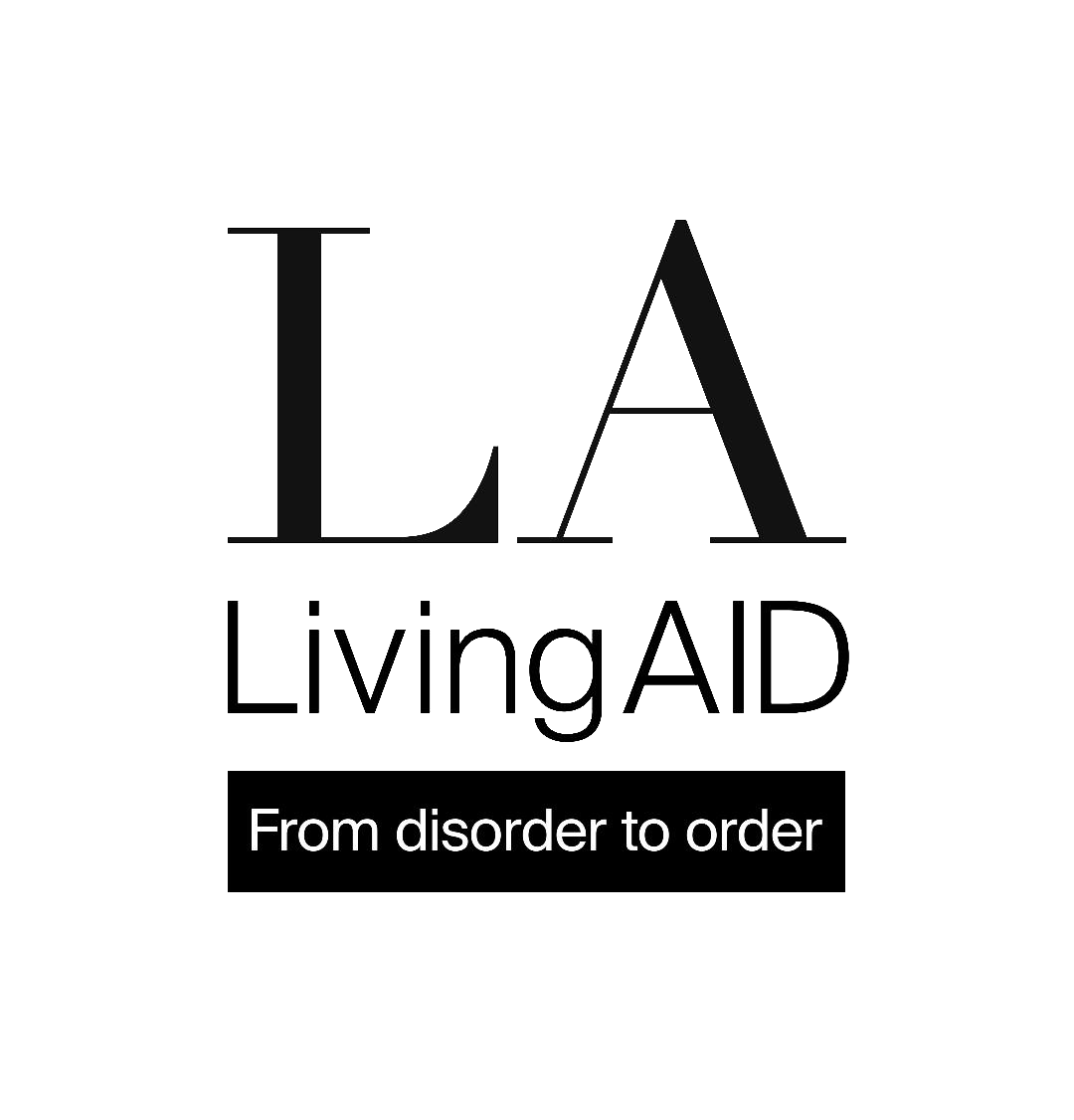Our lives are often characterised by moments that shape our identity and define our journey. For me, one such moment came when I was diagnosed with Multiple Sclerosis (MS). As a health practitioner and now an MS warrior, my experience is twofold – a patient who experiences the condition firsthand, and as a professional who understands the science behind the disease. Today, I want to share my personal journey with MS, in hopes that it may inspire, enlighten, and resonate with those travelling a similar path.
In November 2019, I was not particularly in a happy place. I had that feeling of existing, not living. I knew drastic action needed to happen but felt powerless to make any meaningful changes. I believe this is a situation many of us are sadly familiar with. I can honestly say I was not looking after myself. I was not eating healthily, I was often staying up too late with friends ‘having a great time’, I wasn’t getting enough sleep, and I was allowing certain people in my life to treat me unkindly or in a way no one deserves to be treated. I was making bad choices for myself on a daily basis, and I didn’t know how to stop.
The Unexpected Diagnosis
Frustratingly and predictably, events out of my control drastically changed the course of my future, for better and for worse. One morning in early November, I dragged myself out of bed and immediately noticed that the sole of my foot was slightly numb. As a Podiatrist, I knew that this was suspicious, but when you are the one experiencing it, it’s surprisingly easy to convince yourself that it requires no attention. I told myself that it would be better by tomorrow. Tomorrow came, and the numbness remained. In fact, as the days went by, the numbness increased. I was experiencing ascending paresthesia, which meant the numbness was travelling up my right leg. I knew deep down something was wrong, but I battled with myself and pleaded with the powers that be that it was simply a trapped nerve.
Weeks went by, with the numbness worsening day by day and my walking becoming adversely affected. As the numbness increased, so did my anxiety. I was studying for my master’s in Podiatric Surgery at the time and had to travel to the university for a week of intensive lectures. While in a lecture learning about the different types of screws used to fix bones together, my mind drifted, and I became acutely concerned. When the lecture finished, I called the hospital help line, described my symptoms, and they advised me to immediately go to the hospital. I was aware of all the conditions it could have been and of course, I assumed it was probably the worst on the list. The night before, I spent the whole night furiously researching the full spectrum of conditions. Unable to sleep with worry, I was imagining a very bleak future. So, the following day, on the brink of a nervous breakdown, I got an Uber to the hospital and waited for 6 hours to be seen. I then had a rudimentary assessment and was swiftly sent on my way, none the wiser. I felt very deflated, scared, and alone.
After a few unsuccessful hospital visits, I eventually went to my wonderful doctor, who booked me in for an emergency neurological appointment at my local hospital. At this appointment, I was told I most likely had Multiple Sclerosis but needed an emergency MRI to confirm it. Despite it being an emergency, it took some weeks to materialise. This was an especially distressing time for me to be caught in limbo. Eventually, after some wrangling with the MRI department, I got my appointment. In my heart, I was already coming to terms with the diagnosis, but when I received the results from my MRI, it was still a shock. The neurologist called me and very casually informed me that I have ten lesions on my brain and four highly active ones along my spine. Lesions are areas of nerve damage caused by inflammation. I felt a mixture of relief and sadness at this moment. I happened to be at work at the time, and I had one more patient to treat before the day was over. That was a real struggle, but I got through it.
I had a baseline knowledge of Multiple Sclerosis (MS) because of my job as a podiatrist, but now it was certainly not enough. In the following weeks, while waiting to see an MS specialist neurologist, my condition worsened, and I devoured every piece of literature I could get my hands on. I watched every YouTube video and read every research article. Understandably, shocked by what I was reading, I imagined the worst possible outcome. I was trying desperately to come to terms with the possibility that I would end up in a wheelchair, unable to walk, and unable to feed myself. I even considered my ultimate demise and what actions I would take. Distraught does not come close to the feelings I was experiencing. Suddenly, life took on a whole new meaning.
Educating Myself and Understanding MS
Having a scientific background gave me a good starting point for understanding MS. However, I also explored beyond the medical textbooks. I connected with others living with MS, joined support groups, and scoured resources online. The more I learned about the disease, the more I understood its idiosyncrasies. The unpredictability of symptoms, the varied experiences from one person to another, and the advancements in treatment options—the world of MS was complex, but I was beginning to navigate it better.
I was so fortunate to have the love and support of friends and family. Christmas was approaching, and for this period I moved in with my dearest sister and her family. She looked out for me and supported me in every way she could. I really can’t thank her enough for giving me the love and understanding I needed. I felt we were going through this together, and this made me stronger. After Christmas, it was time for me to go back to my apartment, and it was there that my condition took a turn for the worse. My walking got gradually worse, and I was really struggling to get from A to B. I eventually had to get a stick to help me. I had people in the streets asking if I was okay. I think it was a lot worse than even I realised.
I called the MS clinic at my hospital and asked for an emergency appointment as things were getting worse at such a fast rate. There, they prescribed me super strong steroids to help reduce the inflammation. It took a few days for the steroids to kick in, and in the meantime, things progressed to their worst point. I pulled back the covers after a night of unrestful sleep, stepped onto my bedroom floor, and collapsed in a heap. My legs had completely stopped working. Not only this, but I could now only see with one eye closed. With both eyes open, the world was a fuzzy mess. This is a common symptom of MS and is called optic neuritis. I can’t begin to describe the horror and disbelief over what was happening. Was this it now? Was life as I knew it, over? Over the next couple of days, the super strong steroids kicked in, and I was as high as a kite! I was warned about this but did not really know what to expect. It was as if I had drunk 10 cups of super strong coffee, but without the anxiety that this would normally induce. My attitude changed in an instant, and the more I read, the more I felt I could alter the course of this disease to some extent. I felt weirdly strong and determined. Whether that was drug-induced or not, the outcome was ultimately a good one.
Over the following weeks, my symptoms improved, and I no longer needed to walk with a stick. I am still recovering and improving. There is a long way to go. I have learned a lot about myself, my body, and what matters to me. I gave up alcohol, meat, dairy, sugar, and saturated fat, all in one day and haven’t faltered since. There’s nothing quite like a diagnosis of an incurable autoimmune disease to motivate you. The concept of this radical change in lifestyle, which includes much more than what was on this list, is that it will help manage the disease. It gives power to you, the sufferer. I don’t feel like I’m missing out. I feel like I am gaining.
Implementing Lifestyle Changes
Living with MS required me to make substantial changes to my lifestyle. The first area I looked at was nutrition. After reading studies that suggested the potential impact of diet on MS symptoms, I decided to overhaul my eating habits. I embraced a balanced diet rich in fruits, vegetables, and healthy fats, cutting down on processed foods and refined sugar.
Next, I focused on fitness. Regular exercise became a part of my routine, including yoga, swimming, and walks. I learned that staying active could help manage symptoms and improve overall well-being.
Finally, I addressed stress management and mental health. Autoimmune diseases are not just physical – they have a significant emotional and psychological impact. Meditation, mindfulness, and counselling helped me cope with the mental challenges of living with MS.
Coping Mechanisms and Progress
Fast forward to today, and while life with MS has its challenges, it also brought about unexpected positives. I developed resilience, strength, and a deeper understanding of what it means to care for both body and mind. I found inspiration in the strength of the MS community, in the latest research developments, and in the resilience of the human spirit.
On the tough days, I turn to my coping mechanisms. Mindfulness practices, deep breathing, and the support of my community have all been invaluable. But perhaps the most important coping strategy has been maintaining a positive outlook. Even on the worst days, I remind myself of the progress I’ve made and the strength I’ve found.
The Journey Ahead
Living with MS is not a journey I would have chosen, but it’s one that has shaped me in ways I could never have anticipated. It has taught me empathy, resilience, and the importance of health – not just physical, but mental and emotional too.
To those newly diagnosed with MS, or living with any autoimmune disease, know this: you are not alone. You have a community that understands and supports you. Yes, there will be challenges and bad days, but there will also be victories, big and small. Remember, it’s not about how far you fall, but how high you bounce back.
This is my journey, and it’s far from over. I hope that by sharing it, I can encourage you on yours, providing a beacon of light during the dark times and a source of inspiration as you navigate your path. Together, we are stronger.
Through this platform, Living AID, I aim to provide a place for learning, sharing, and supporting. For those impacted by an autoimmune disease, let this space be your guide, your companion, and your support system. With each step we take together, we come closer to the ultimate goal – not just surviving, but truly living, despite our autoimmune diseases.
Remember, while this is a shared journey, every experience is unique. Always consult your healthcare provider for personalised advice and treatment options. Here’s to our journey, our resilience, and our ability to inspire and lift each other. We’ve got this.
Living Aid was established to support individuals affected by autoimmune diseases. Our platform connects those seeking guidance and reliable information in managing their health challenges.






